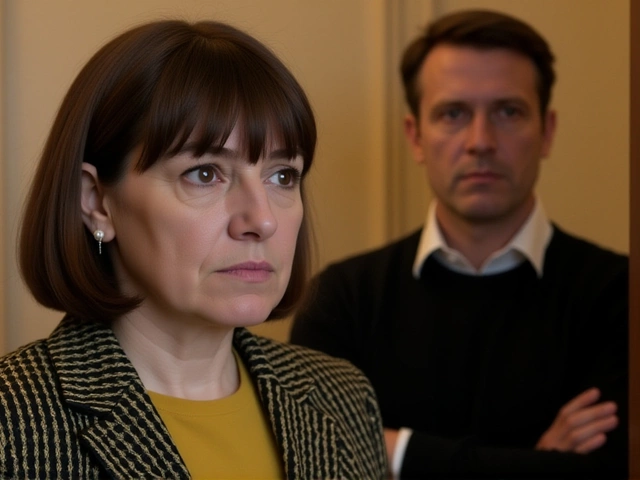How Antidepressants Can Affect Your Sex Drive – What You Need to Know
Ever notice a dip in your interest in sex after starting an antidepressant? You’re not alone. Many people feel a change, and it can be frustrating when you’re trying to stay on top of both mental health and intimacy. Below we’ll break down why this happens and what you can actually do about it.
Antidepressants are medicines that help balance chemicals in your brain, easing symptoms of depression and anxiety. The most common types include SSRIs (like Prozac or Zoloft), SNRIs, tricyclics, and atypical agents. They work by boosting serotonin or other neurotransmitters, which improves mood over weeks.
While they lift your mood, the same chemicals can also mess with the signals that trigger sexual arousal. That’s why a drop in libido shows up for many users. It’s not a sign that the drug is failing—it’s a side‑effect of how it rewires brain chemistry.
Why Antidepressants Can Lower Libido
SSRIs increase serotonin, and higher serotonin can dampen the brain pathways that spark desire. Think of it like turning up the volume on calmness while turning down the volume on excitement. This effect shows up as reduced interest, trouble getting aroused, or difficulty reaching orgasm.
Other antidepressant families work differently but can still hit the same spots. SNRIs raise both serotonin and norepinephrine, which sometimes causes similar hiccups. Tricyclics block certain receptors and may lead to dry mouth or fatigue, making sex feel less appealing.
Practical Ways to Manage the Drop
First step: talk to your doctor. Don’t stop a medication on your own, but let your prescriber know what’s happening. They might lower the dose, switch you to a drug with fewer sexual side‑effects, or add a low‑dose medication to counteract the issue.
Timing can help, too. Some people find taking the pill after intimacy or on alternate days reduces the impact. Adjusting when you take your dose should always be done with a doctor’s guidance, but it’s worth a discussion.
Lifestyle tweaks also matter. Regular exercise boosts blood flow and hormone levels, which can revive desire. Reducing alcohol and smoking removes extra barriers that already strain sexual function.
Stress management is key. Even though antidepressants target mood, stress can still sneak in. Practices like short walks, breathing exercises, or a few minutes of meditation each day give your brain a break and can improve both mood and sex drive.
If the dip is severe, some doctors suggest a short “drug holiday” where you pause the medication for a few days under supervision. This isn’t right for everyone, but it’s an option when other strategies don’t work.
Finally, keep communication open with your partner. Sharing what you’re feeling removes awkwardness and lets you both explore new ways to stay intimate, whether it’s more cuddling, talking, or trying non‑penetrative activities.
Bottom line: antidepressants can dim sexual desire, but the effect is manageable. With the right tweaks, you can protect your mental health while keeping your sex life satisfying.
 8 December 2025
8 December 2025
Is America Really Porn-Crazed? The Data Behind the Myth
America isn't porn-crazed - it's sex-curious and lonely. Data shows declining daily use, rising female viewership, and shifting motivations behind porn consumption. The real issue isn't access - it's stigma and lack of honest conversation.
 1 June 2024
1 June 2024
How Antidepressants Affect Your Sex Drive: Key Facts You Need to Know
This article explores the link between antidepressants and sexual health. It highlights how these medications can affect your libido, with a deeper look at SSRIs. You’ll find out which common antidepressants are likely to impact sex drive. Several practical strategies for managing side effects are also provided so that you can strike a balance between mental health and sexual well-being.





0